Somatic Psychotherapy
“Life is always better in your body. Get out of your mind.”
― Lebo Grand
Healing Trauma with Mind-Body Connection
Understanding Somatic Psychotherapy: Healing Mind and Body
We frequently encounter questions about somatic psychotherapy and its role in promoting wellness. Somatic psychotherapy is a transformative approach that recognizes the profound connection between our physical sensations and emotional experiences, offering a pathway to healing on a cellular level.
Exploring Somatic Psychotherapy:
Somatic psychotherapy has gained prominence in recent years as scientific research sheds light on the intricate relationship between our bodies and minds. Unlike traditional talk therapies that focus solely on cognitive processes, somatic psychotherapy acknowledges that our bodies store memories, emotions, and trauma. This means that feelings of unease or anxiety may manifest physically, even when there are no apparent triggers in our conscious thoughts.
A Body-Centered Approach to Healing:
Initially developed to help trauma survivors find relief from distressing symptoms, somatic therapy has evolved to address a wide range of stressors. From relationship challenges to anxiety management, somatic techniques offer effective tools for promoting emotional resilience and well-being.
Navigating the Root Cause:
Traditional therapies often emphasize cognitive restructuring or talk-based interventions, overlooking the somatic aspects of our experiences. However, somatic psychotherapy delves deeper, acknowledging that certain beliefs and responses are ingrained in our bodies. By exploring these embodied experiences, we can access unconscious beliefs and release deeply held tensions.
The Role of Somatic Techniques:
Somatic therapists utilize a variety of interventions to promote healing and self-awareness. From somatic awareness exercises to movement-based practices, each technique is designed to help clients reconnect with their bodies and navigate their emotional landscapes. By tuning into bodily sensations and descriptive language, clients can process emotions in a safe and supportive environment.
Key Concepts in Somatic Psychotherapy:
Developing Somatic Awareness: Cultivating awareness of bodily sensations lays the foundation for healing on a cellular level. Through gentle exploration, clients can identify areas of tension and release patterns of constriction.
Resourcing: Strengthening our sense of stability and safety is essential for navigating emotional challenges. By accessing internal and external resources, clients can anchor themselves during times of distress.
Grounding in the Here-And-Now: Grounding techniques help us reconnect with our bodies and the present moment, fostering a sense of embodiment and connection to the world around us.
Descriptive Language: Getting descriptive allows us to deepen our understanding of bodily sensations and emotions, facilitating the processing of difficult experiences.
Movement: Movement serves as a natural outlet for releasing tension and processing emotions stored in the body. Through mindful movement practices, clients can tap into their innate capacity for healing.
Co-Regulation & Self Regulation: Learning to regulate our emotions is vital for promoting emotional well-being. Co-regulation techniques and self-regulation tools empower clients to navigate their emotional landscapes with resilience.
Titration & Pendulation: Gradual exposure to distressing experiences allows for safe and effective processing of emotions. Titration and pendulation techniques help clients navigate intense emotions while maintaining a sense of safety.
Sequencing: The process of releasing tension unfolds in a sequential manner, with sensations moving through the body and emotions gradually dissipating. Sequencing allows for the gentle release of stored tension and emotional energy.
Boundary Setting: Establishing healthy boundaries is essential for promoting emotional resilience and self-protection. By practicing boundary-setting techniques, clients can cultivate a sense of safety and empowerment in their interactions.
Embrace Somatic Awareness:
As you explore the principles of somatic psychotherapy, take a moment to check in with yourself. Notice any sensations, emotions, or areas of tension that arise as you engage with this information. If you're curious about incorporating somatic techniques into your healing journey, reach out for a free consultation today. Elizabeth Boudreau offers a compassionate and effective approach to trauma healing through somatic psychotherapy. By honoring the mind-body connection and providing a safe space for exploration, Elizabeth empowers clients to transform their trauma responses and reclaim a sense of peace and resilience. At Acadia Psychotherapy & Associates, we're here to support you on your path to holistic wellness.
ResourcesThe Somatic Experiencing Trauma Institute: This organization, founded by Dr. Peter A. Levine, provides extensive resources and information about somatic experiencing, including articles, research papers, and training programs. Their website offers valuable insights into the principles and practices of somatic therapy.The Sensorimotor Psychotherapy Institute: Founded by Dr. Pat Ogden, this institute offers training in sensorimotor psychotherapy, another form of somatic therapy that integrates body-oriented approaches with traditional psychotherapy. Their website includes articles, books, and research findings related to somatic psychotherapy.
